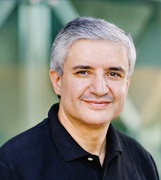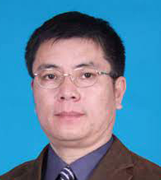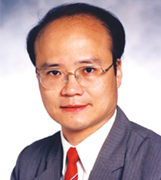



Prof. Mohamed-Slim Alouini
King Abdullah University of Science and Technology (KAUST), Saudi Arabia
IEEE Fellow

Prof. Wanyang Dai
Nanjing University, China

Prof. Zhu Han
University of Houston, USA
IEEE Fellow, AAAS Fellow

Prof. Ljiljana Trajkovic
Simon Fraser University, Canada
IEEE Fellow

Prof. Ming Xie
Nanyang Technological University, Singapore
Associate Editor of IEEE Transaction on Autonomous Mental Development

Prof. Xi Zhang
Texas A&M University, College Station, USA
IEEE Fellow